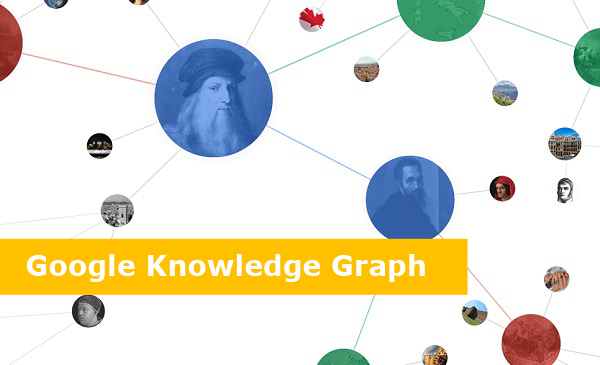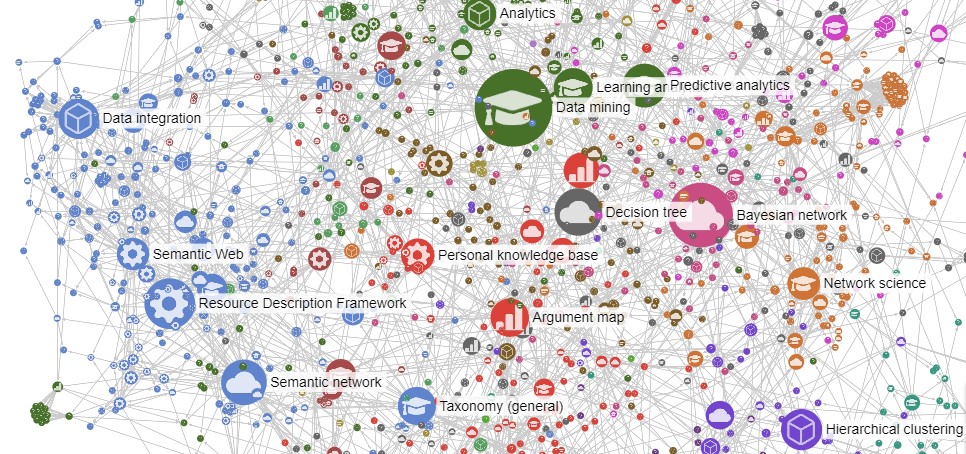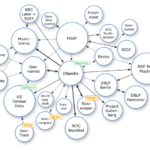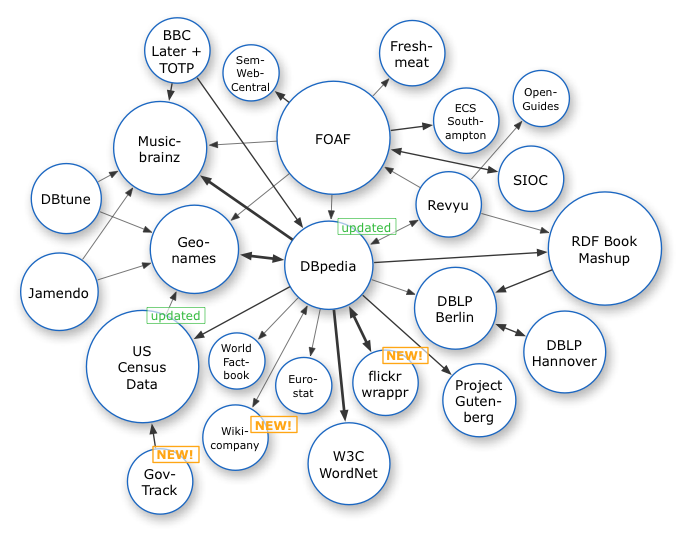Table of Contents
ToggleUtilizing entity SEO is a powerful strategy that can give your website a competitive edge in search engine rankings. By understanding and implementing this advanced SEO technique, you can establish stronger connections between your content and the entities or concepts it represents. This comprehensive guide will examine the fundamentals of entity SEO and provide you with actionable tips to help you surpass your competitors in the digital landscape.
Key Takeaways:
- Entities are key for SEO: Leveraging entities in your content can help search engines better understand your website and improve your visibility in search results.
- Focus on creating high-quality content: By creating content that is relevant and informative, you can increase your chances of ranking higher than your competitors in search engine results pages.
- Utilize structured data markup: Implementing structured data markup on your website can help search engines display rich snippets, giving you a competitive edge and increasing click-through rates.
Basics of Entity SEO
Little is known about entity SEO, but it is a powerful strategy that can give your website an edge over competitors. By understanding and leveraging entities in your SEO strategy, you can increase your online visibility and outperform others in search engine rankings.
Defining Entities in SEO
Any object, concept, or thing that is distinctly distinguishable can be considered an entity in the context of SEO. This includes people, places, organizations, events, and more. In SEO, entities are not just keywords, but rather a way to classify and organize information on the web.

Entities help search engines understand the relationships between different pieces of content on the internet. By structuring your content around entities, you can provide search engines with valuable context that can improve your website’s relevance and authority in search results.
How Search Engines Understand Entities
The way search engines understand entities is through a process called entity recognition. This involves analyzing content on web pages to identify entities and categorize them based on their attributes and relationships. By recognizing entities, search engines can deliver more relevant and accurate search results to users.
This process allows search engines to go beyond just matching keywords and probe into the meaning and context of the content. By understanding entities, search engines can better comprehend the nuances of language and deliver more personalized search results to users.
Identifying Relevant Entities for Your Business
The key to successful Entity SEO is identifying and leveraging the most relevant entities for your business. By understanding the entities associated with your industry, products, and services, you can optimize your content to better align with search engine algorithms and user intent.
Tips for Uncovering Your Key Entities
The first step in identifying relevant entities for your business is to conduct comprehensive keyword research. Look for keywords and phrases that are highly relevant to your business and industry. These keywords will help you uncover the key entities that are most frequently associated with your niche.
Another tip is to analyze your competitors’ content and identify the entities they are targeting. By understanding the entities that are already driving traffic to your competitor’s websites, you can identify gaps in your own content strategy and capitalize on new opportunities to target relevant entities.
- Use tools such as SEMrush and Ahrefs to identify related entities and keywords.
- Explore entity graphs like Google’s Knowledge Graph to understand entity relationships.
- Leverage structured data to markup entities on your website and improve search visibility.

Though it may take time and effort to uncover all of the key entities relevant to your business, the payoff in terms of increased search visibility and traffic is well worth the investment.
Tools and Resources for Entity Identification
Entities are the building blocks of Entity SEO, and there are a variety of tools and resources available to help you identify and leverage relevant entities for your business. These tools can provide valuable insights into the entities that are most important for your industry and help you optimize your content accordingly.
Resources such as the Google Knowledge Graph Search API and Schema.org can provide valuable information about entities and their relationships, allowing you to create more targeted and relevant content that resonates with both search engines and your target audience.
Optimizing Your Content with Entities
For search engines to understand the context and relevance of your content, it’s necessary to optimize it with entities. Entities are the specific people, places, things, or concepts that are referenced in your content. By using entities effectively, you can improve your content’s visibility and rank higher in search engine results.
Techniques for Entity Optimization
Entity optimization involves strategically incorporating relevant entities throughout your content. One effective technique is to identify and use entity keywords that are frequently searched by your target audience. By including these keywords in your headings, subheadings, and body content, you can signal to search engines the primary entities your content revolves around.
Another technique is to utilize schema markup to provide search engines with structured data about the entities mentioned in your content. This markup helps search engines better understand the relationships between different entities and can lead to enhanced search visibility through rich snippets and knowledge graphs.
Aligning Your Content with Entity Attributes
Entities have specific attributes that define them, such as characteristics, properties, and relationships. Aligning your content with these entity attributes can further enhance its relevance and authority in the eyes of search engines. By incorporating descriptive details about entities and their attributes, you can create more comprehensive and valuable content that resonates with both users and search engines.
Entity attributes can include features like location, size, color, and other distinguishing factors that help differentiate one entity from another. By highlighting these attributes in your content, you provide search engines with valuable context that can improve your content’s discoverability and ranking potential.
Improving Entity Recognition with Structured Data
All successful SEO strategies rely on effectively communicating with search engines. One powerful way to enhance this communication is through structured data. By incorporating structured data markup on your website, you can provide search engines with valuable information about the entities mentioned in your content. This, in turn, can significantly help improve entity recognition and ultimately boost your search engine rankings.
Structured data enables search engines to better understand the context and relationships between different entities on your website. This could include anything from people and places to events and products. By marking up your content with specific structured data schemas such as Schema.org markup, you provide search engines with a roadmap to navigate and interpret your content more effectively.
Furthermore, structured data makes it easier for search engines to display rich snippets in search results, which can enhance the visibility of your website and attract more targeted traffic. By taking the time to implement structured data on your website, you are not only improving entity recognition but also enhancing the overall user experience and increasing your chances of outperforming your competitors in search rankings.












